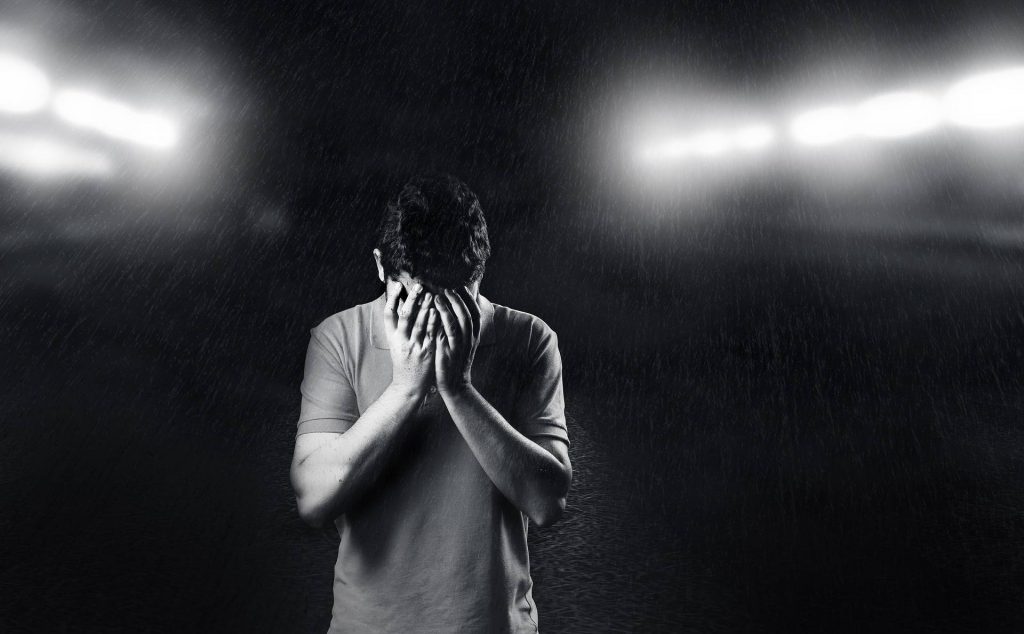
When Recovery Goes Wrong
Despite a drug abuser’s best intentions, sometimes they relapse. The risk of relapse never truly goes away for an addict. They have to take life day-by-day. Understanding why addicts relapse can help further treatments and methods to be crafted to ensure that no one slips through the cracks when recovering from drugs. Here are ten reasons for what causes relapse in drug addicts.
1. Triggers
Too often, someone who has gone through recovery is placed right back in the same situation that they came from. As such, triggers for drug use remain. The same pressures exist that drove them to drugs in the first place. Without the removal of those triggers, it’s easy to relapse.
2. Addiction
Addiction itself is a disease. While reasons for addiction are many, its interaction with the brain is all the same. Once drugs have deprived the brain of being able to produce its own stimulants for feelings of positivity and happiness, the brain searches for other sources to cause those feelings. Drugs tend to be the only option for a lot of people. Someone who has become incapable of naturally producing serotonin, dopamine, and other necessary hormones and neurotransmitters may be driven back to drugs in order to feel happy again.
3. Tense Situations
If the person lived a dangerous lifestyle, then they’re likely under a lot of stress. High risk situations that could trigger a relapse are common for those who can’t leave the tense situations completely. The stress of those situations could turn them right back to drugs.
4. Incomplete Detox
During recovery, they might not have detoxed as thoroughly as they were supposed to. As a result, their body is still going through withdrawal, and as soon as they get the chance, they seek a means of coping with that withdrawal by turning back to drugs.
5. Loss Of Support
At pathfinders recovery, they may have had a strong relationship with their peers. Without that support in the real world, they may find themselves falling into old habits.
6. Lack Of Interest
Support groups exist outside of pathfinders sober living homes, but they may not be interested in joining group therapy sessions. This lack of support and direction could cause them to relapse.
7. Misunderstand Their Health
Drugs wreak havoc on the body, and yet these consequences tend not to show up until later in life. As a result, an abuser may think they’re doing fine and not care to live a sober life. They don’t understand the prolonged consequences of drug use.
8. Denial
If they were forcibly placed in rehab, then they may feel as though they don’t have an addiction problem in the first place. With that sort of mindset, no matter what occurs in the recovery center, they’re going to head right back out and continue to use drugs. Recovery is impossible for someone who doesn’t believe that they have a problem in the first place.
9. Loss
If they experience a loss of a friend or loved one that they relied heavily upon, then that could trigger them to start using again. Without understanding how to cope with their pain in a healthy way, they might switch to drugs instead.
10. Lack Of Healthcare
While they may have been receiving medical healthcare in the recovery system, that financing may not be available to them once they leave. As such, they can no longer afford to attend meetings and relapse instead.
